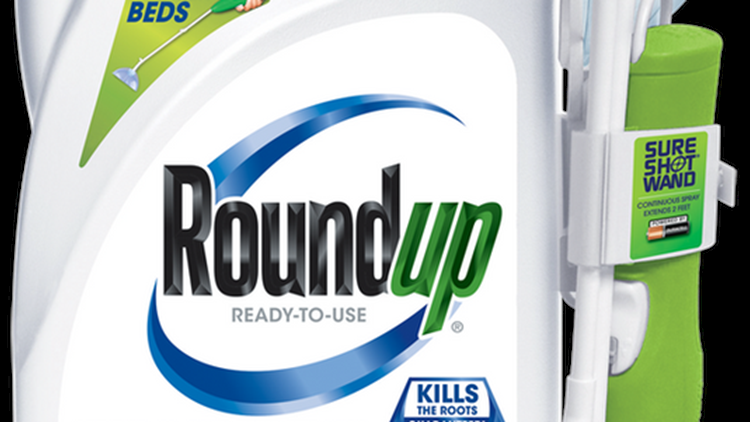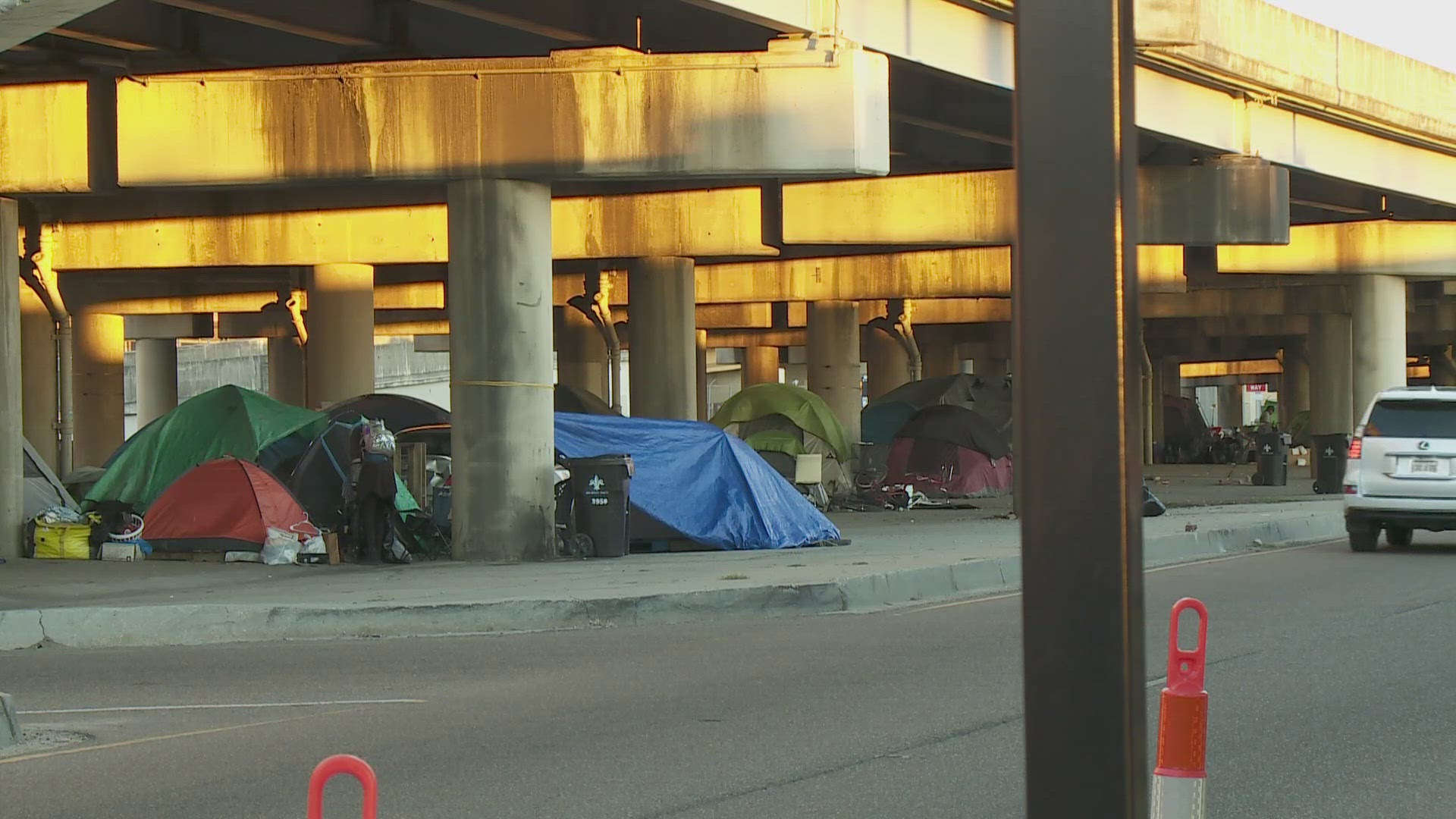A San Francisco jury ordered chemical giant Monsanto to pay $289 million in damages Friday to a school groundskeeper who got cancer after using Roundup, one of the world's most popular weed killers.
The Superior Court jury deliberated for two and a half days before finding that Dewayne Johnson's non-Hodgkins lymphoma was at least partly due to using glyphosate, the primary ingredient in Roundup. Johnson regularly used glyphosate to spray fields while working as a groundskeeper.
Hundreds of lawsuits claiming Roundup causes cancer have been given the green light to proceed to trial, although Monsanto continues to maintain that there is no connection between glyphosate and cancer.
Cancer victims and families presenting cases say Monsanto knew about the ingredient's risk for years, but failed to warn buyers. U.S. District Judge Vince Chhabria had previously said there's “rather weak" evidence the ingredient causes cancer, but the opinions of three experts linking glyphosate and non-Hodgkin’s lymphoma were not “junk science."
Johnson's doctors testified he is unlikely to live past 2020. Johnson, 46, worked for a California county school system and applied the weed killer up to 30 times per year as part of his pest-control responsibilities.
In the past, Monsanto sued California’s Office of Environmental Health Hazard Assessment for adding glyphosate to a list of cancer causing chemicals, and lost.
There is conflicted evidence linking glyphosate and cancer.
The U.S. Environmental Protection Agency has gone back and forth on considering glyphosate a possible carcinogen. In a review of the chemical last year, it concluded glyphosate is likely not a carcinogen. But, the World Health Organization has classified glyphosate as "probably carcinogenic."



